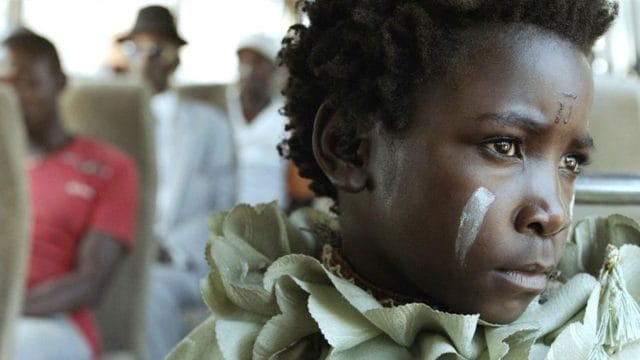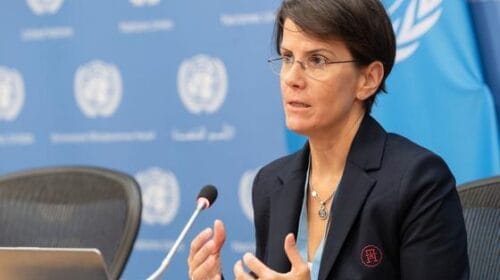Witch Persecution, Sharia Court and Legal Defence in Bornu
By Leo Igwe
Early this year, the office of the National Human Rights Commission in Bornu drew the attention of the Advocacy for Alleged Witches to the case of Maryam (not the real name), who was accused of witchcraft. Maryam is 65 years old and a single mother. Her in-laws accused her of magically causing the death of another family member. They attacked and beat her, and she sustained some injuries. Bornu is one of the sharia implementing states in Nigeria. And some Muslims take their cases to sharia courts for adjudication. Maryam took the matter to the court because her accusers threatened to murder her. “We will kill you, and nothing will happen”. They reportedly told her.
The sharia court ruled that she should swear by the Quran that she was not responsible for the alleged harm. They agreed that if she performed the oath she could live freely in the community. But the sharia court decision did not go down well with her accusers. Their lawyers rejected the ruling of the Sharia court and appealed the judgment. The National Human Rights coordinator is trying to engage a lawyer who could defend Maryam. She contacted the AfAW.
Maryam does not have a job and does not make some significant income. She is unable to hire a lawyer. In her message to AfAW, the human rights officer said “According to them(Maryam and her supporters) they do not have some money to hire a lawyer, the person who was handling it abandoned the case because they could not afford to pay him”. The AfAW is exploring ways to support the NHRC office in Bornu to ensure that Maryam hires a lawyer. Victims of witch persecution are usually poor people like Maryam who cannot afford to pay the police to intervene in their cases or to hire a lawyer to defend them. Confronted with such situations many resign to their fate. They stay back in the community where they risk being attacked or murdered by their accusers. Or they flee their communities and take refuge in cities. But more often, they go to neighboring villages and communities. In many cases, the stigma follows them to these places, and other family and community members also reject and refuse to accommodate them. So, some alleged witches die wandering or living on the streets.
The National Human Rights Commission should liaise with the Legal Aid Council, Ministries of Justice, Women’s Affairs, and Social Welfare, and ensure that victims of witch persecution like Maryam get the support that they need. The persecution of witches continues because these institutions are moribund. They have failed to fulfill their mission and mandate. These institutions should not allow accused persons to be doubly victimized by their accusers. To suffer witch persecution is enough tragedy. These agencies should not let the accused suffer further violation or abuse. These institutions should rise to the occasion, and help end impunity. They should synergize and rally against witch persecution in Bornu and other parts of Nigeria.
Leo Igwe directs the Advocacy for Alleged Witches




